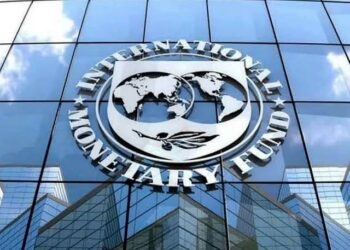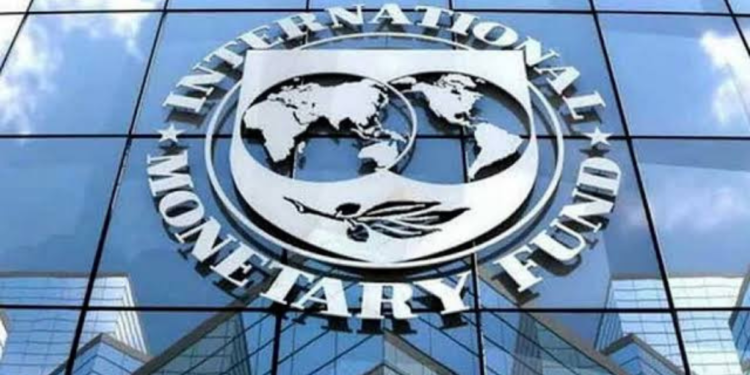Ghana’s quest for a swift escape from economic crisis hit a roadblock after failing to reach a debt restructuring deal with international lenders. This $13 billion burden is proving difficult to shed, raising concerns about the country’s financial health.
The deal faced a double whammy. Firstly, the International Monetary Fund (IMF) expressed reservations, suggesting it wouldn’t align with their assessment of Ghana’s debt sustainability. Basically, the IMF questioned whether the restructuring would truly lighten Ghana’s debt load to a manageable level.
Secondly, not all bondholders were on board. A regional group of African lenders disagreed with some aspects of the proposal, particularly an option to keep the original debt value but extend the repayment period with a lower interest rate.
This is not the first time Ghana has encountered challenges in this process. The country, alongside Zambia and Ethiopia, is restructuring debt under a global initiative. However, progress has been sluggish, mirroring Zambia’s struggle to finalize its own deal.

Despite the setback, Ghana remains optimistic. The government is actively seeking solutions that satisfy both the IMF and creditors, aiming for an agreement by year-end. This confidence stems from Ghana’s recent economic uptick, exceeding IMF’s initial projections.
There’s also a glimmer of hope for regional bondholders. They believe Ghana’s stronger-than-anticipated performance could pave the way for a deal by December. Negotiations are expected to continue this week.
The IMF, however, emphasizes the need for continued progress in talks. Their $3 billion loan program to Ghana is contingent on successful debt restructuring. They’ll be closely monitoring the situation during the program’s second review.
Ghana faces a significant challenge: securing a debt deal that satisfies creditors, adheres to IMF guidelines, and ultimately alleviates the country’s financial strain. The coming weeks will be crucial in determining whether they can bridge the gap and secure a brighter economic future.

















